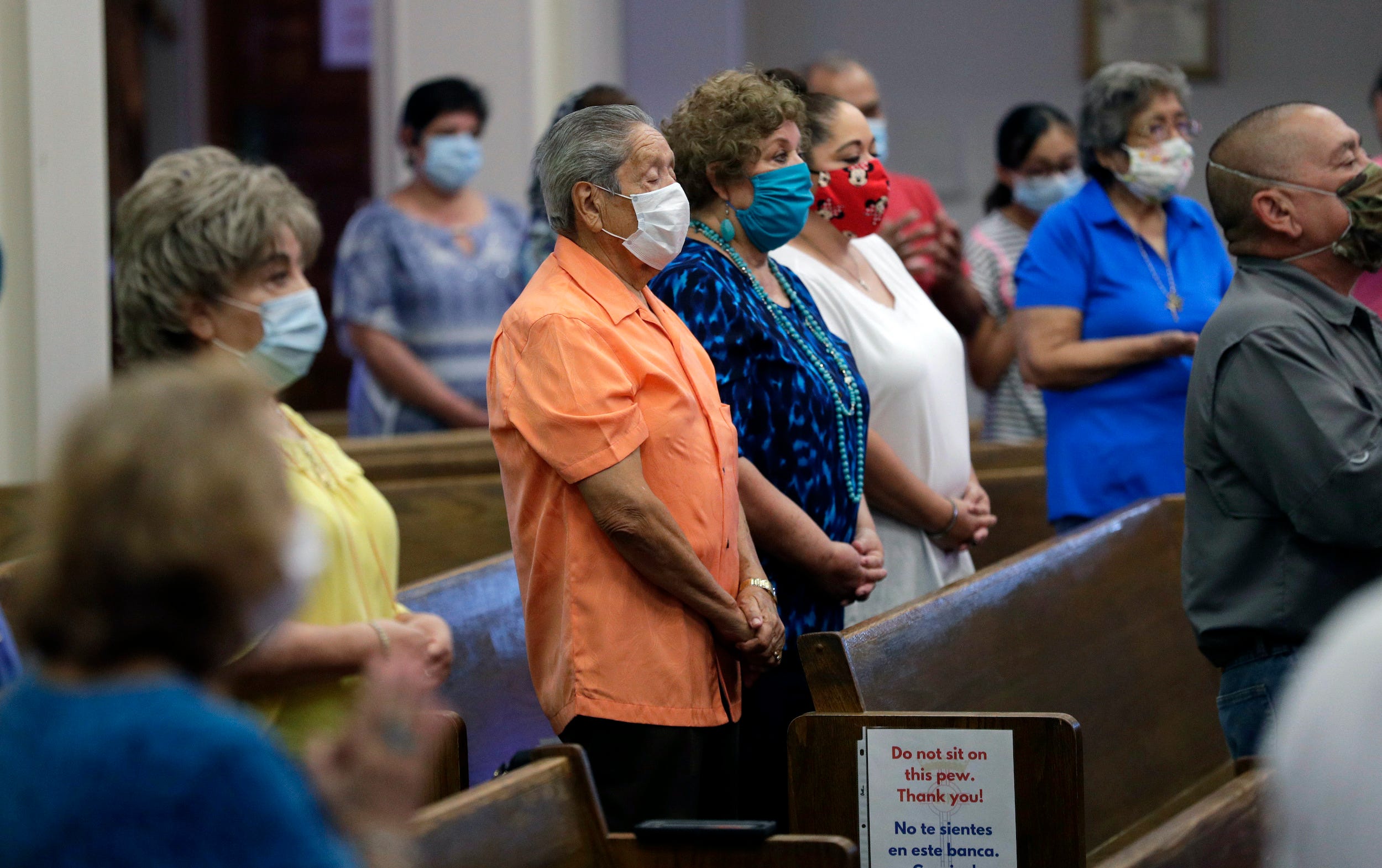- In original “interim guidance,” the CDC recommended communities of faith consider suspending or decreasing group singing activities since they’re known to transmit the novel coronavirus.
- But a day later, the organization deleted that recommendation with no explanation or warning.
- White House officials told the Washington Post the change was related to the fact that the White House had not approved the original guidance.
- Singing, especially indoors in close quarters, is a super-spreader activity. A Washington choir practice infected 75% of members with COVID-19, two of whom died of the disease.
- Visit Business Insider’s homepage for more stories.
When the Centers for Disease Control and Prevention released “Interim Guidance for Communities of Faith” May 22, it included a suggestion to suspend or limit group singing activities, since they’re known to transmit the novel coronavirus.
But the next day, that recommendation, along with several others, was mysteriously absent. The changes follow weeks of discord between the White House and the CDC related to reopenings.
The science, however, is clear: Group singing (or chanting or reciting) indoors is a super-spreader activity that’s likely to lead to coronavirus outbreaks that can quickly spiral out of control.
The changes follow weeks of discord related to reopenings
The CDC’s original guidance included the following suggestion under recommendations indended to support social distancing:
"Consider suspending or at least decreasing use of a choir/musical ensembles and congregant singing, chanting, or reciting during services or other programming, if appropriate within the faith tradition. The act of singing may contribute to transmission of COVID-19, possibly through emission of aerosols."
The next day, however, that bulleted point was no longer included. It still isn't.
The updated document also deleted "shared cups" as an item that shouldn't be shared and added a line saying the recommendations are "not intended to infringe on rights protected by the First Amendment."
Speaking on the condition on anonymity, two White House officials told the Washington Post the singing-related change was driven by the fact that the White House, which has long taken issue with limitations on choirs, had not seen the original version.
The Trump administration has also long resisted restrictions on faith-based communities, in part because it doesn't want to alienate its Evangelical following.

Group singing activities are super-spreader events
Singing close to others indoors is a highly risky activity if you're trying to avoid catching or spreading COVID-19, the disease the coronavirus causes. Even going to a church service is a decent risk in itself.
Both are considered super-spreader events, meaning an infected person is able to pass the disease to far more people than the average of two.
"This virus really likes people being indoors in an enclosed space for prolonged periods of close face-to-face contact," William Schaffner, an infectious-disease expert at Vanderbilt University, previously told Insider.
That's because the coronavirus typically spreads via droplets that jump up to 6 feet between people.
Singing or even loud talking could allow them to travel further, some research suggests.
A JAMA article, for example, found that "peak exhalation speeds can reach up to 33 to 100 feet per second, creating a cloud that can span approximately 23 to 27 feet."
The effects have played out tragically. In March, 60 members of a choir in Washington held a rehearsal. Three weeks later, 45 members were diagnosed with COVID-19, three were hospitalized, and two died, the LA Times reported.
"And at this juncture," Schaffner said, "we don't want people doing voice lessons, even standing eight-and-a-half feet apart."
